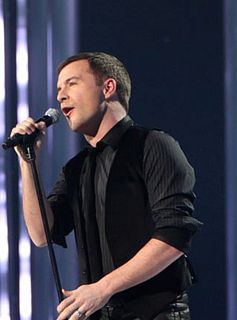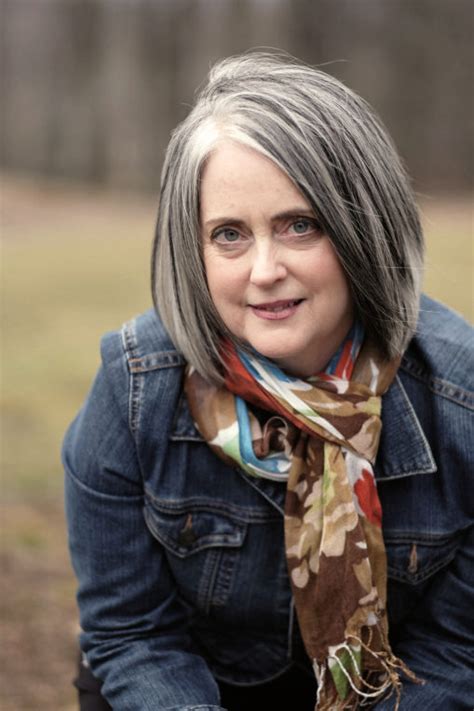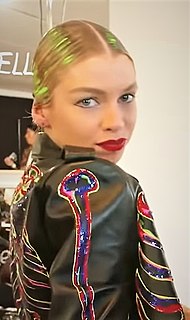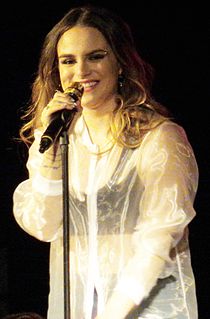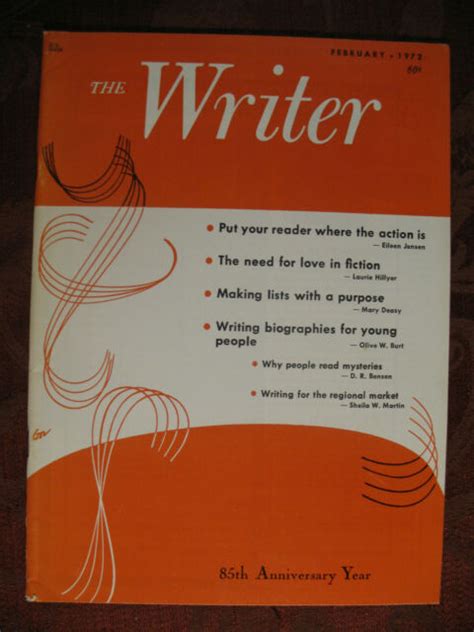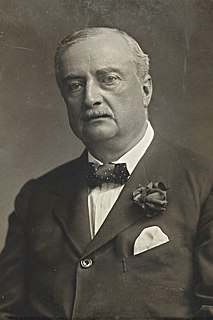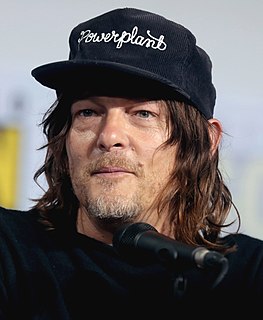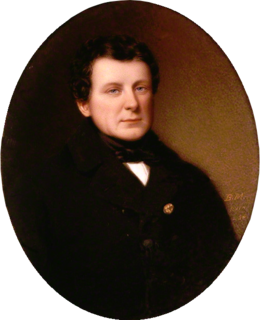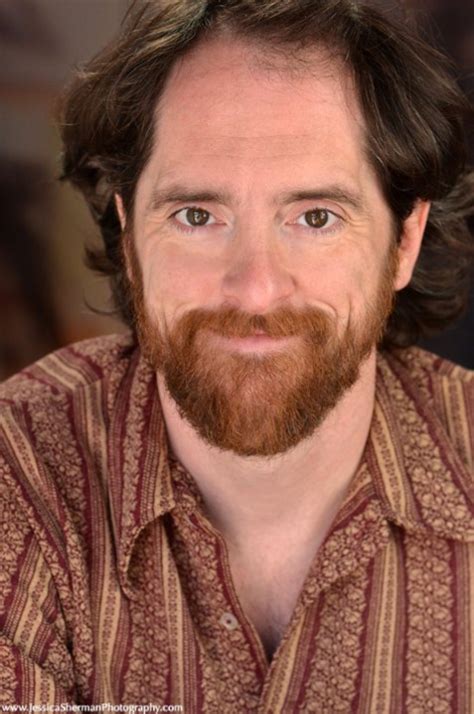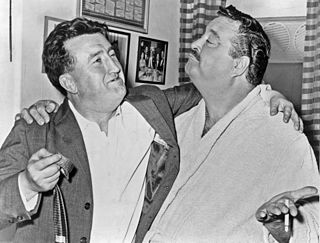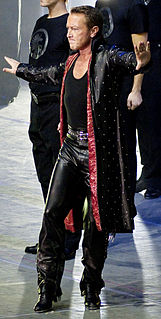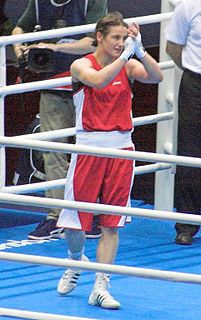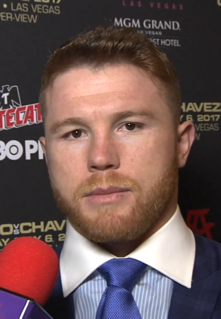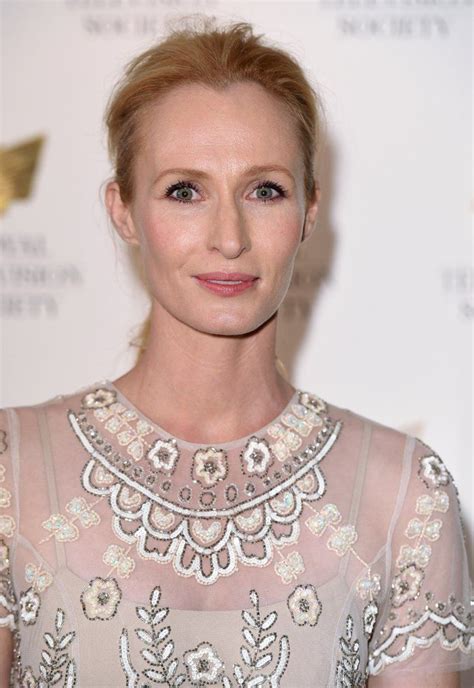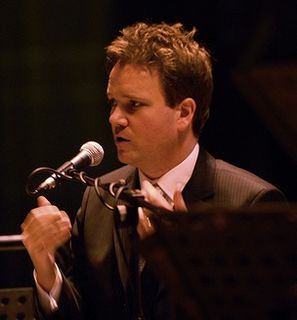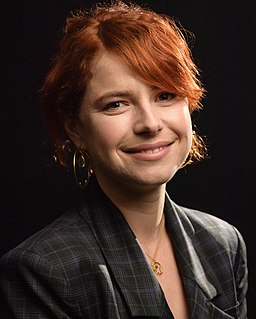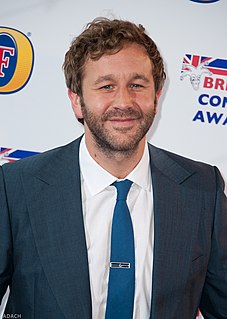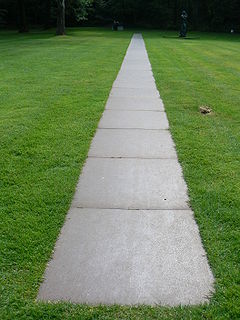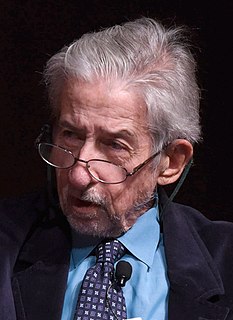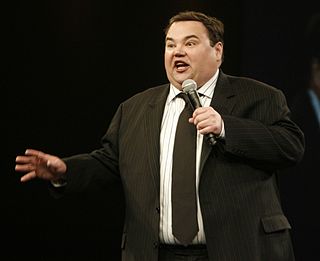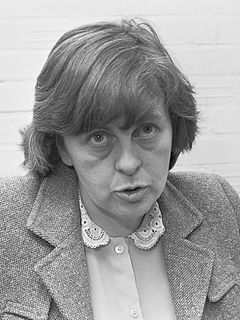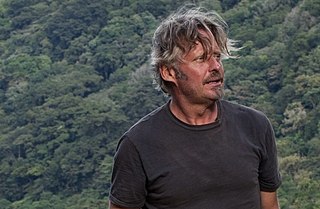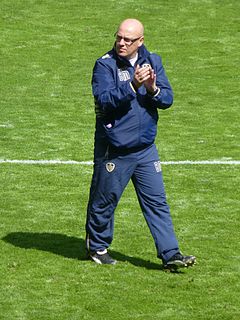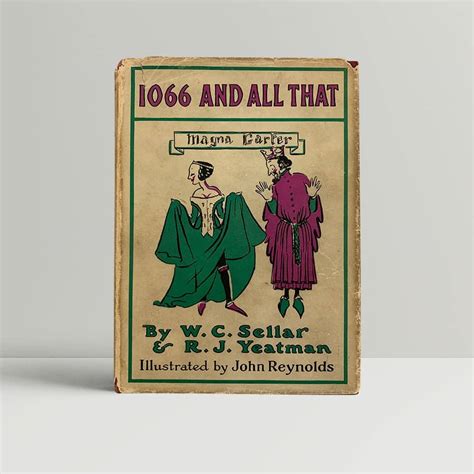Top 1200 Great Irish Quotes & Sayings
Explore popular Great Irish quotes.
Last updated on December 18, 2024.
For me, a story begins with music: I feel the rhythm, the cadence, the pulse of the characters and their voices and the setting. Because I had just finished writing a book called 'Black Potatoes: The Story of the Great Irish Famine,' I was already filled with the music of the lives and culture of the Irish people, so I thought, why not use it?
I'm Irish as hell: Kelly on one side, Shanley on the other. My father had been born on a farm in the Irish Midlands. He and his brothers had been shepherds there, cattle and sheep, back in the early 1920s. I grew up surrounded by brogues and Irish music, but stayed away from the old country till I was over 40. I just couldn't own being Irish.
All my family look Irish. They act Irish. My sister even has red hair... it's crazy. I'm the one that doesn't seem Irish. None of the kids in my family, my siblings, speak with an Irish accent... we've never lived there full-time; we weren't born there. We just go there once or twice a year. It's weird. Our parents sound Irish, but we don't.
The phrase the violent bear it away fascinated the 20th century Irish-American storyteller Flannery O'Connor, who used it as the title of one of her novels. O'Connor's surname connects her to an Irish royal family descended from Conchobor (pronounced Connor), the prehistoric king of Ulster who was foster father to Cuchulainn and husband of the unwilling Derdriu. In the western world, the antiquity of Irish lineages is exceeded only by that of the Jews.
My first mentor and inspiration was my Irish Dancing teacher Patricia Mulholland. She created her own form of dance known as Irish ballet and created stage productions of old Irish myths and legends. They were my first experiences on stage. She told my mum I was destined for the stage, and I took that as my cue.
Irish is harder to pull off. I know southern people and I really like the midwest, so I can tap into that a little bit. It's easier to sound angry with southern than it is Irish. Yelling Irish you can sound like an angry Leprechaun. I think me screaming like I am going to kill you in Irish doesn't work.
There are certain functions that a writer has to do. In a time of crisis, it is great to have heroic poems, as it was in the Irish Revolution. It's great to have great songs, because people need something to sing when they are marching. That's OK, but it should be on the side. It's not the ultimate thing.
Throughout my childhood, I did a form of Irish dancing that was kind of the precursor to 'Riverdance.' It was a mixture of ballet and Irish dancing that my teacher, Patricia Mulholland, had invented, essentially. It was Irish ballet, and she would create performances based around the myths and legends of Ireland.
My background is Protestant so I benefited from the great Bible teaching that was provided there... I did love the more culturally classical things, like Irish music, which I think is some of the most congregational-style music when you think of... 'St. Patrick's Breastplate' (and) 'Danny Boy.' These are traditional Irish melodies. I think being brought up there (Ireland) gave me a sense of melody that is very attuned to congregational singing.
I was raised in an Irish-American home in Detroit where assimilation was the uppermost priority. The price of assimilation and respectability was amnesia. Although my great-grandparents were victims of the Great Hunger of the 1840's, even though I was named Thomas Emmet Hayden IV after the radical Irish nationalist exile Thomas Emmet, my inheritance was to be disinherited. My parents knew nothing of this past, or nothing worth passing on.
